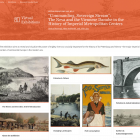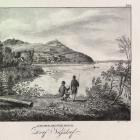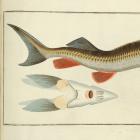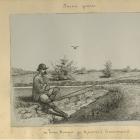Pilgrim, Karyn, “‘Happy Cows,’ ‘Happy Beef’: A Critique of the Rationales for Ethical Meat”
In this Review Essay, Karyn Pilgrim uses a vegetarian ecofeminist framework to examine the ethics of meat eating, arguing that a moral ambivalence prevails in the rhetoric of some popular nonfiction books that embrace omnivorous eating.











